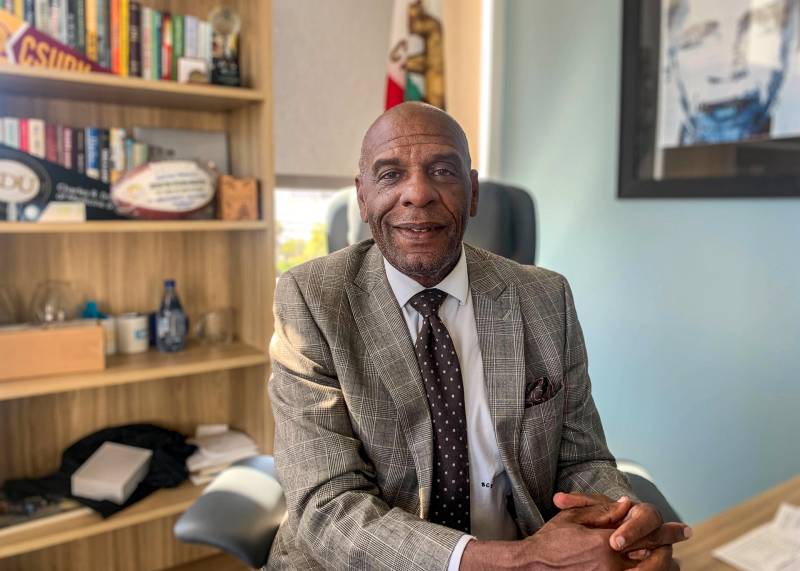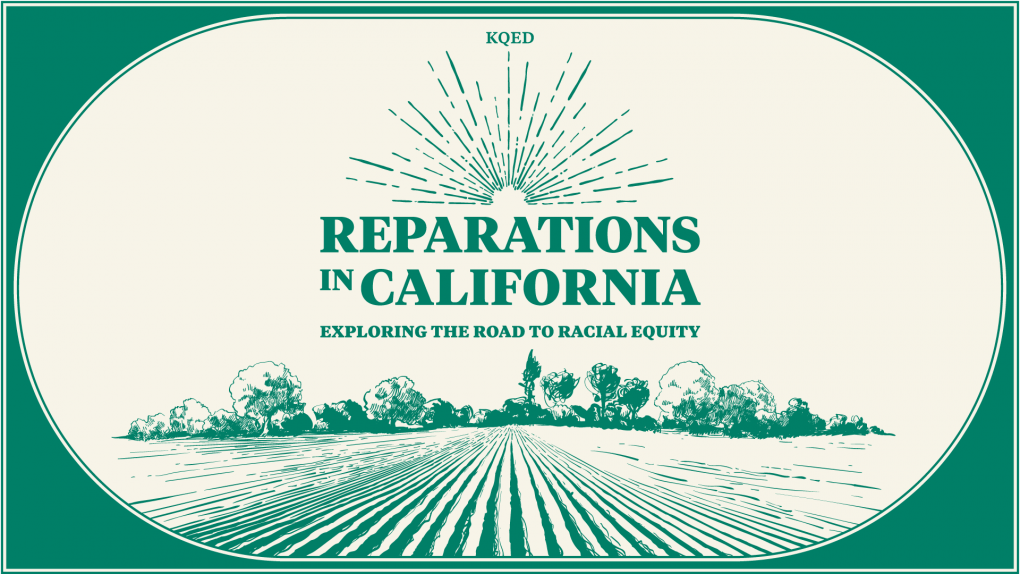How do you get more legislators to read the report?
If I could answer that, I’d be a rich man. I would hope they want to educate themselves and understand how we got here as a state and how we got here as a nation and the impact that slavery has had and continues to have on this county.
What’s the legislative timeline here? How long might this all take and what’s the earliest we might see legislation from the report put into practice?
The earliest you’re going to probably see legislation is December of this year.
What do you expect to be part of what’s introduced this December?
I can’t speak to that. It’s going to be a working group of the Legislative Black Caucus. We will dissect and determine what we can move forward in a comprehensive manner. So I can’t speak to that until we see the final report and we all come together and collaborate and decide how we move forward.
The two legislators that helped develop the state’s reparations plan — you and Assemblymember Reginald Jones-Sawyer — both term out of the Legislature next year. Do you think your departure will impact the push for reparations in California?
I hope not, because if we’re succeeded by more African Americans, it will be at least 12 members of the Legislature who are part of the Black Caucus who have the same commitment and passion for bringing reparations forward.
And is the Legislative Black Caucus united in its support of the reparations report?
Without a doubt. Many that were there when [Secretary of State] Dr. [Shirley] Weber passed the legislation [to create the reparations task force] are still here. So, yes, we’re in full support of moving a package of bills based on what that final report recommends.
Got it. And when you and Assemblymember Jones-Sawyer leave the Legislature, is there anybody in particular you expect to take up the mantle in leading this push?
I would hope all the members who are left behind would take up the mantle. It’s not up to one or two individuals to fight for reparations. I would hope our non-African American allies will pick up the mantle, too, and be vocal and courageous in fighting to make sure that we have a substantive reparations package here in California.
A lot of work has gone into the process of creating this reparations plan. How are you feeling right now about the possibility of enacting these ideas into law?
I’m hopeful that, at the end of the day, if California is the progressive leading state that we claim to be, then we should want to take the mantle, lead and show the rest of the nation what reparations looks like.


